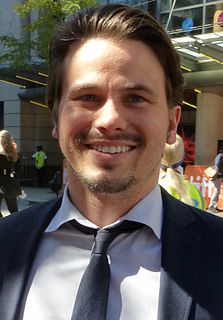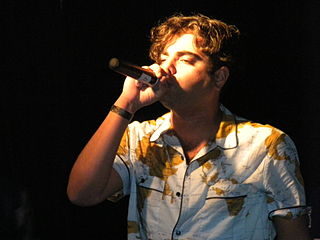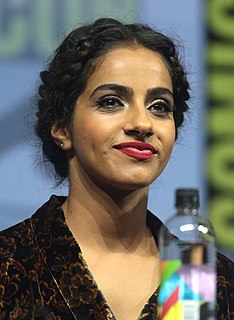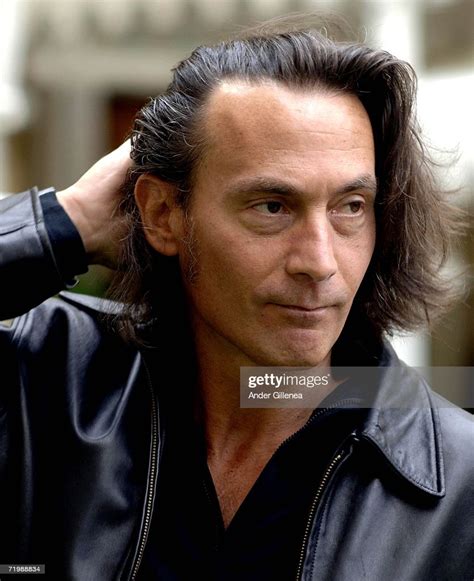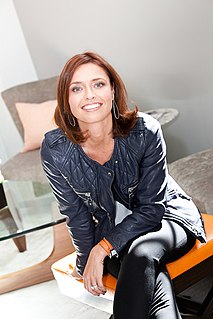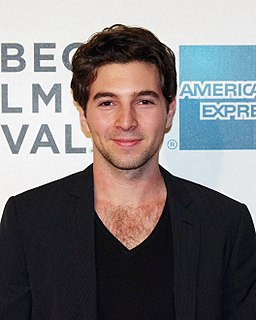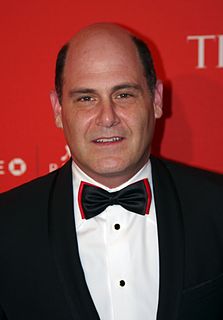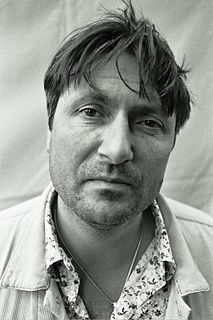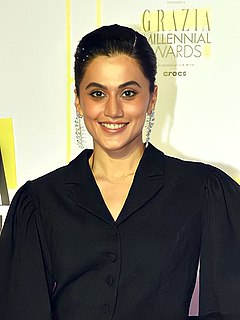A Quote by Jason Ritter
I think at a certain point actors need to start taking responsibility for the kinds of stories they want to tell.
Related Quotes
I think actors, at a certain point in their careers, decide they're either going to keep taking risks or take the exact same risk over and over again so that it's not a risk anymore. That's when I don't want to work with them. I think there are some actors who are just doing the exact same thing, and they will never shift from it.
There's a lot of great writing, and characters, and stories being told in television nowadays. And much more than there used to be. The opportunities to tell stories, because of the opportunities to show content. And so it's drawing actors from cinema, movie actors, actors to where there's a lot of opportunities to where you can tell stories.
I just love storytelling. I write music to tell stories. So when I'm done writing a song, I take it and go, 'Okay. How can I interpret these lyrics differently?' I love taking lyrics that were so close to me at a certain point in my life and then revamping them. I always want to take things to the next level.
The chance to tell personal, language-specific, culturally specific stories is really flourishing on TV and I think it's just the nature of movies and international demands that you need to get a much bigger audience. TV is more like independent film was. The forms of adult drama and certain kinds of sophisticated comedy, there's no room for them in the tentpole movie universe.
